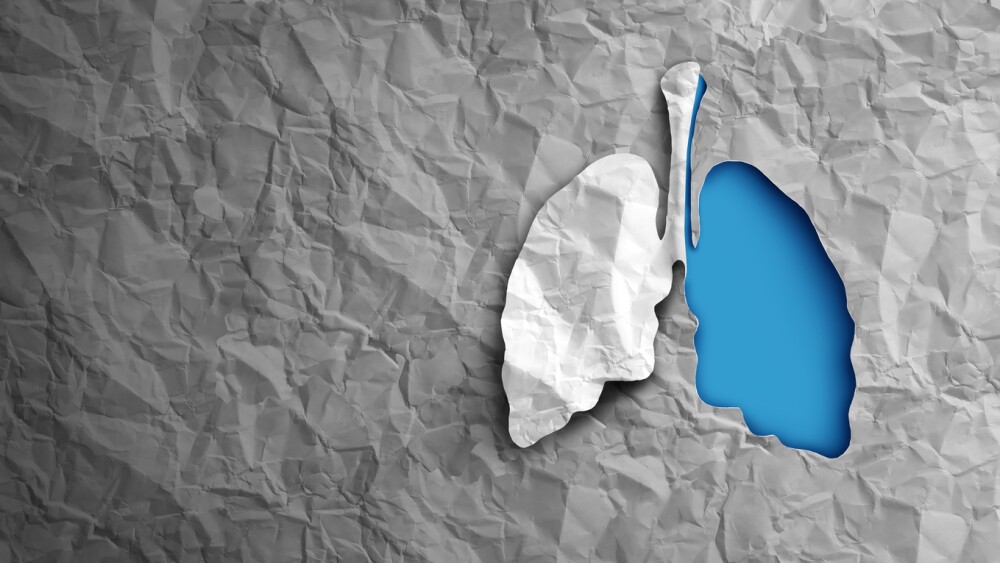Neurocrine Biosciences, Inc. (Nasdaq: NBIX) today announced positive top-line data from the Phase 3 CAHtalyst™ Adult Study evaluating the efficacy, safety, and tolerability of crinecerfont in adults with classic congenital adrenal hyperplasia (CAH) due to 21-hydroxylase deficiency (21-OHD).
| CAHtalyst™ Met Primary Endpoint Demonstrating a Statistically Significant Decrease from Baseline Daily Glucocorticoid Dose with Androgen Control Key Secondary Endpoint Achieved Statistically Significant Decrease in Androstenedione at Week 4 versus Placebo Key Secondary Endpoint Demonstrated a Statistically Significant Number of Patients on Crinecerfont Achieved a Reduction to a Physiologic Glucocorticoid Dose versus Placebo Crinecerfont Was Generally Well-Tolerated SAN DIEGO, Sept. 12, 2023 /PRNewswire/ -- Neurocrine Biosciences, Inc. (Nasdaq: NBIX) today announced positive top-line data from the Phase 3 CAHtalyst™ Adult Study evaluating the efficacy, safety, and tolerability of crinecerfont in adults with classic congenital adrenal hyperplasia (CAH) due to 21-hydroxylase deficiency (21-OHD). The Phase 3 study met its primary endpoint at Week 24, demonstrating that treatment with crinecerfont resulted in a statistically significant percent reduction in daily glucocorticoid (GC) dose versus placebo while maintaining androgen control (p-value <0.0001). The study also met important key secondary endpoints, with a statistically significant decrease in androstenedione at Week 4 versus placebo (p-value <0.0001). At Week 24, approximately 63% of patients on crinecerfont achieved a reduction to a physiologic GC dose versus approximately 18% on placebo (p-value <0.0001). Crinecerfont was generally well tolerated. The most common adverse events during the double-blind, placebo-controlled period of the trial were fatigue, headache, and coronavirus infection. There were few serious adverse events, with none assessed as related to crinecerfont. “I am gratified to see the extremely positive and clinically meaningful results from this study, the largest ever interventional trial conducted in this rare disease. It required a global effort, and the top-line results confirm our confidence in crinecerfont as a potential first-in-class medication and first-ever non-glucocorticoid treatment option for patients living with CAH,” said Richard Auchus, M.D., Ph.D., Principal Investigator, Professor of Pharmacology and Internal Medicine, Division of Metabolism, Endocrinology, and Diabetes at the University of Michigan. “It has been 60 years since we’ve seen a significant treatment advance for patients with CAH, and the data from this study suggest that crinecerfont might improve their outcomes and quality of life.” “CAH patients suffer from a number of debilitating symptoms and have had suboptimal treatment options with existing standard of care for their whole lives. These data, along with data from the open label treatment period, will allow us to proceed with our regulatory submissions to the FDA in 2024 and European Medicines Agency afterwards,” said Kevin Gorman, Ph.D., Chief Executive Officer, Neurocrine Biosciences. “CAH is a difficult disorder to live with for patients and their caregivers, taking a huge toll physically and mentally,” said Eiry Roberts, M.D., Chief Medical Officer at Neurocrine Biosciences. “For physicians, the current treatment paradigm is problematic, relying on glucocorticoids for a dual purpose: not only to address the underlying cortisol deficiency but typically at supraphysiologic doses to treat androgen excess resulting in well-known complications over the long-term. The CAHtalyst Phase 3 Adult data bring us one step closer to a new approach to treating CAH with a therapy that has demonstrated the ability to substantially reduce glucocorticoid doses while maintaining or improving androgen control.” Additional information regarding the results from the Phase 3 CAHtalyst study will be discussed at the Morgan Stanley 21st Annual Global Healthcare Conference at 10:50 a.m. Eastern Time on September 12 in New York. The live presentation will be webcast and may be accessed on the Company’s website under Investors at www.neurocrine.com. A replay of the presentation will be available on the website approximately one hour after the conclusion of the event and will be archived for approximately one month. Additional data from the Phase 3 CAHtalyst study will be provided in a peer-reviewed medical journal or at a medical conference at a future date. Data from the Phase 3 CAHtalyst Pediatric Study will be available, as planned, in early Q4 2023. About Classic Congenital Adrenal Hyperplasia There are currently no non-glucocorticoid treatments approved by the U.S. Food and Drug Administration (FDA) for classic CAH. Glucocorticoids (GCs), the current standard of care, are used not only to correct the endogenous cortisol deficiency but typically used at greater than physiologic (supraphysiologic) doses to try to suppress the high levels of corticotropin-releasing factor (CRF) and adrenocorticotropic hormone (ACTH) that result in androgen excess. However, glucocorticoid treatment at supraphysiologic doses has been associated with serious and significant complications of steroid excess, including metabolic issues such as weight gain and diabetes, cardiovascular disease, and osteoporosis. Additionally, long-term treatment with supraphysiologic GC doses may have psychological and cognitive impact such as changes in mood and memory. Androgen excess has been associated with abnormal bone growth and development in pediatric patients, female health problems such as acne, excess hair growth and menstrual irregularities, testicular rest tumors in males, and fertility issues in both sexes. To learn more about CAH, click here. About Crinecerfont To learn more about crinecerfont, click here. About the CAHtalyst™ Phase 3 Study in Adults For more information about the CAHtalyst Phase 3 study in adults, please visit Clinical TrialsAdult.gov. For more information about the CAHtalyst Pediatric Phase 3 study, please visit ClinicalTrialsPediatric.gov. About Neurocrine Biosciences NEUROCRINE, CAHtalyst, and the Neurocrine logo are registered trademarks of Neurocrine Biosciences, Inc. Forward-Looking Statement
SOURCE Neurocrine Biosciences, Inc. | ||
Company Codes: NASDAQ-NMS:NBIX |





